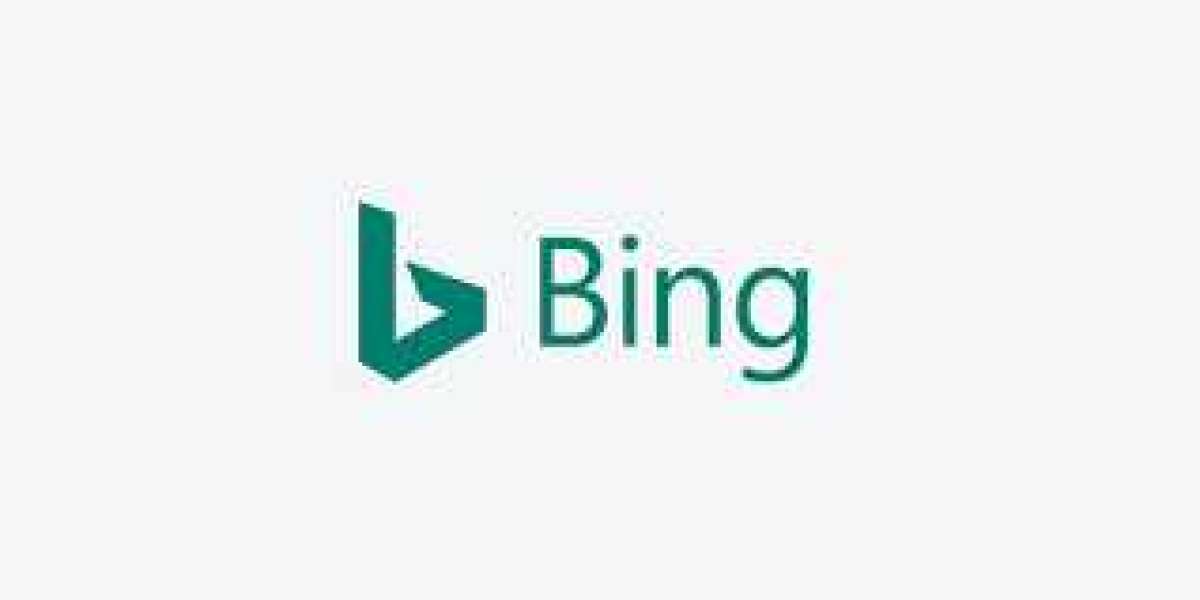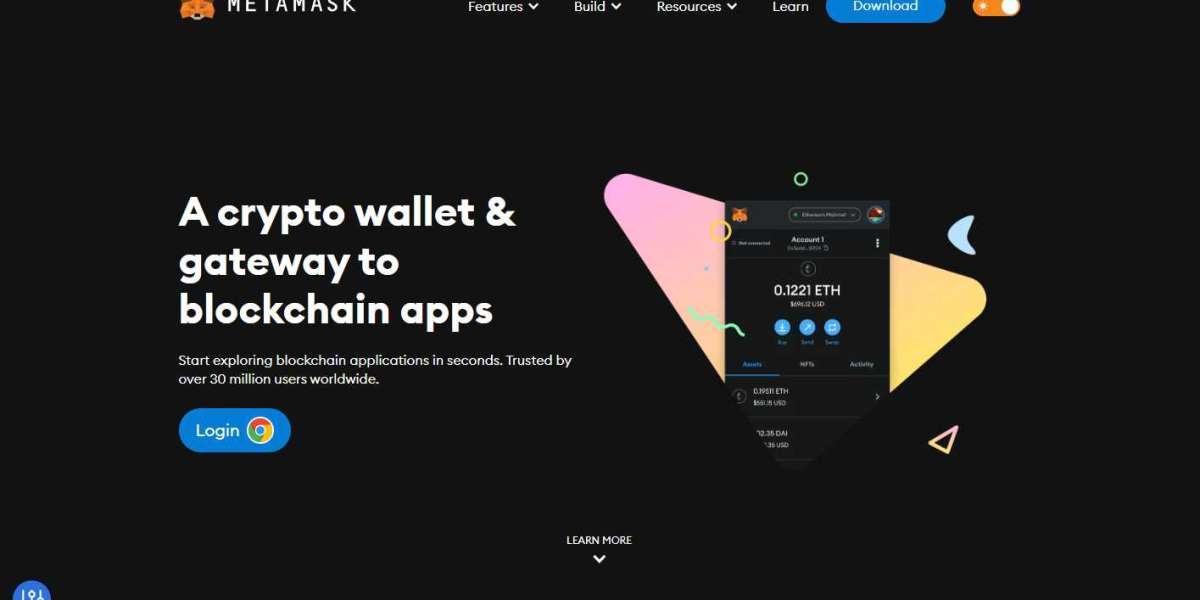In the ever-evolving world of digital advertising and e-commerce, making the right choices can significantly impact the success of your online business. Two major players in the online shopping realm are comparison of Bing Shopping and Google Shopping. Both platforms offer unique opportunities for advertisers to showcase their products to potential customers. In this article, we'll explore the key differences between Bing Shopping and Google Shopping to help you make an informed decision about where to invest your advertising budget.
1. Audience and Reach
Google Shopping boasts an enormous user base, processing billions of searches each day. If your goal is to reach a massive and diverse audience, Google Shopping is the clear winner in this regard. However, it's essential to consider your target demographic. Bing Shopping, while not as vast as Google, can be particularly valuable if your products align with the demographic that frequently uses Microsoft devices or the Bing search engine.
2. Cost-Per-Click (CPC)
Advertising costs can significantly impact your overall marketing budget. Bing Shopping often offers lower CPC rates compared to Google Shopping. This is primarily due to less competition on the Bing platform. If you have a limited budget or are looking for ways to optimize your advertising spend, Bing Shopping may provide a cost-effective alternative.
3. Ad Campaign Management
Google Shopping offers a more comprehensive and refined ad campaign management system through Google Ads. It provides advanced features, including detailed audience targeting, customizable ad formats, and sophisticated bidding strategies. Bing Shopping has made strides in improving its campaign management tools, but it may not offer the same level of granularity and sophistication as Google.
4. Integration with E-commerce Platforms
Both Bing Shopping and Google Shopping allow integration with popular e-commerce platforms like Shopify, WooCommerce, and Magento. However, Google's integration options tend to be more extensive and user-friendly. Google Merchant Center, for instance, provides seamless connections to various e-commerce platforms, making it easier for businesses to manage their product listings. Bing Shopping is catching up but may require more effort for integration.
5. Mobile and Voice Search
Google Shopping has a clear advantage in the mobile and voice search arena. Given Google's dominance in mobile and voice assistant technology, products listed on Google Shopping are more likely to appear in voice searches and mobile shopping experiences. Bing is making efforts in these areas but may struggle to compete with Google's widespread adoption.
6. Geographic Targeting
Bing Shopping excels in geographic targeting options, allowing advertisers to reach specific regions and demographics effectively. This can be particularly beneficial for businesses with a local or niche focus. While Google Shopping also provides geographic targeting, Bing's options offer a higher level of granularity.
7. Reporting and Analytics
Google Shopping provides robust reporting and analytics tools, including seamless integration with Google Analytics. These tools offer valuable insights into campaign performance and user behavior. While Bing Shopping offers reporting features, they may not be as comprehensive or tightly integrated with other analytics platforms.
Choosing between Bing Shopping and Google Shopping ultimately depends on your business's specific goals, target audience, and budget constraints. Google Shopping offers a vast audience, advanced campaign management tools, and extensive mobile and voice integration. On the other hand, Bing Shopping offers cost-effective advertising options, strong geographic targeting, and potential access to Microsoft device users.
To make an informed decision, consider running campaigns on both platforms, allocating your budget based on performance. This allows you to test the waters and see which platform aligns better with your business objectives. A strategic approach to advertising that leverages the strengths of both Bing and Google Shopping can maximize your reach and effectiveness in the competitive world of online shopping.








